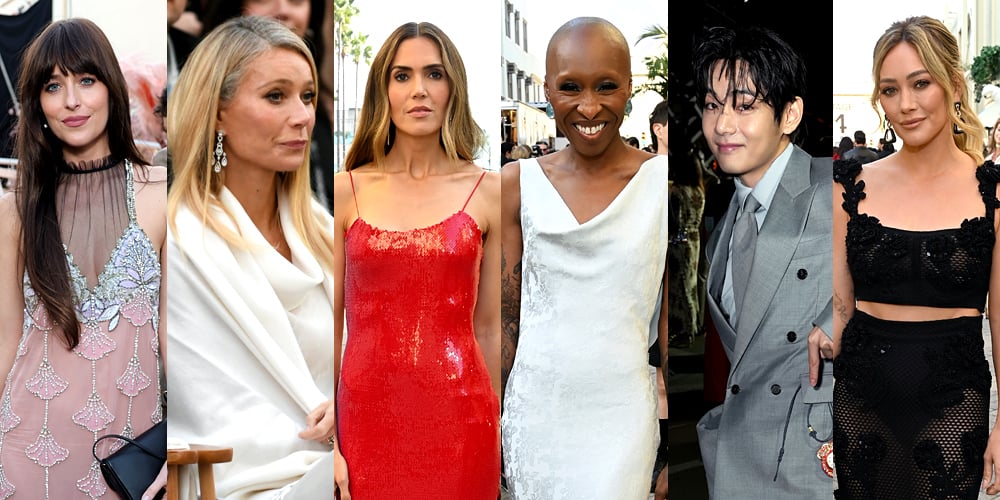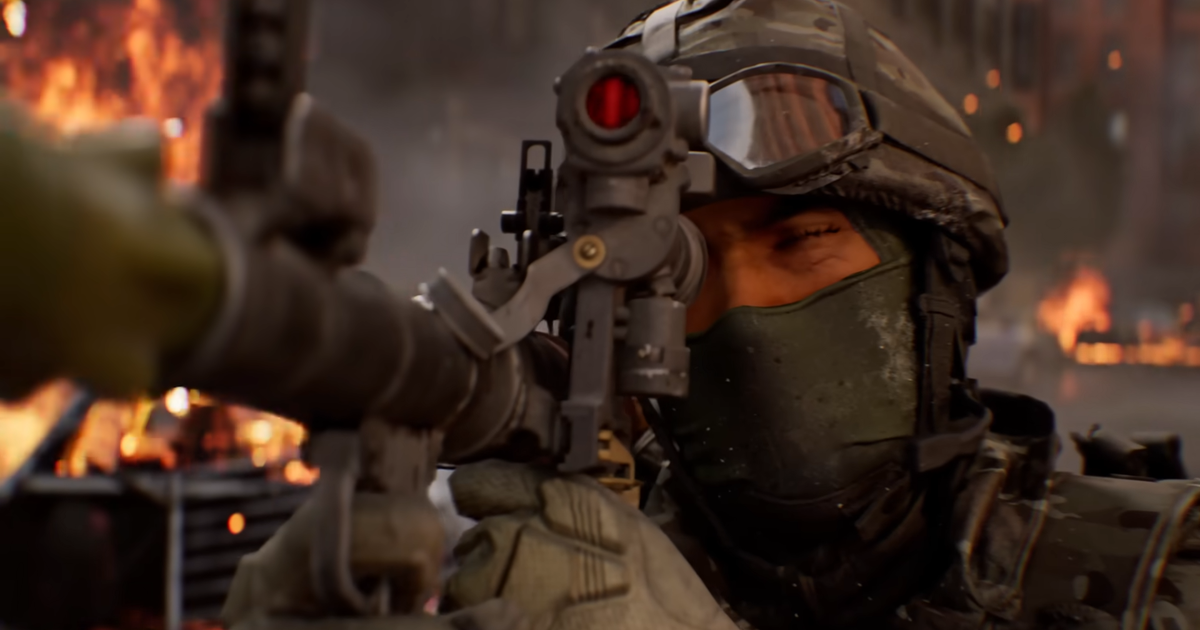After Natasha Lyonne announced in April that her directorial debut for the film “Uncanny Valley” would embrace elements of artificial intelligence from Asteria Film Co., a company she co-founded to use AI tools to create animated films, a tsunami of criticism crashed down on her.
There were, of course, the fears that the “Poker Face” star was accelerating the AI takeover of entertainment jobs, a concern brought up by the unions and guilds that were adjudicated, in part, during the 2023 strikes. There were concerns her actions would undermine human creativity. Others just vented.
“”It’s quite s–tty that she was on strike to protect herself from AI, only to use the same tech to f–k over other creatives,” Redditor SteveIsPosting said.
“Not gonna lie, if you do this, then I’m just gonna automatically think you don’t know how to direct,” said Redditor bttrsondaughter.
Salon’s Coleman Spilde said that he was mad not at Lyonne’s embrace of AI, but her dismissive attitude to those critics. “She’s too high up to notice all of the little people whose careers are in jeopardy for the sake of cheaper, less artful filmmaking,” he wrote.
The harsh reaction to Lyonne’s announcement underscores the negativity that surrounds AI, and the shrapnel you risk taking just by talking about it. But that’s the real problem: Directors, actors, writers or other creatives choosing to ignore AI do a disservice to themselves by not educating themselves, and others, about its potential impact.
The result is a knowledge gap in the industry at a time when more people need to understand AI — both the dangers and opportunities. It’s critical because the industry needs to get on the same page about what necessary safeguards should be put in place, and understanding the technology is key to having those productive conversations. Because even as many ignore the rise of AI, studios and some big-name stars are already embracing it, even if they’re doing so quietly.

“Using AI is optional — people can use it or not — but learning about it is not optional,” Bryn Mooser, who co-founded Asteria with Lyonne, told TheWrap.
There’s a significant chunk of the entertainment community that is still wary of AI. Duncan Crabtree-Ireland, national executive director of SAG-AFTRA, estimates that as many as 15% of its 160,000-strong union “would prefer that AI not exist.”
But ignoring the technology doesn’t mean it will go away, he said.
“You can’t block technology, just like drivers of stagecoaches couldn’t block the invention of cars or silent film actors block the invention of the talkies,” Crabtree-Ireland told TheWrap. “All you can do is use the influence you have to put guardrails around how they’ll be implemented.”
Lyonne attempted to address the backlash by defending the work as an “ethical” application of AI using licensed material to train the model, but that did little to quell the rage.
“It’s comedic that people misunderstand headlines so readily because of our bizarro culture of not having reading comprehension,” she told Variety. “Suddenly I became some weird Darth Vader character or something. That’s crazy talk, but God bless!”
The quick embrace of AI
When ChatGPT blew up in late 2022, there was a mix of wonder and fear over generative AI’s ability to come up with new concepts on the fly. Some marveled at its ability to craft a decent book report on Don Quixote or pull together a travel itinerary in seconds. But the undercurrent to all of its whiz-bang capabilities was the potential to replace humans.
That rhetoric is still going strong, with Anthropic CEO Dario Amodei telling Axios that he expects the technology to wipe out half of all entry-level white-collar jobs over the next one to five years. But that fear has either largely subsided, or perhaps people have grown numb to it, even as company executives get more explicit about how AI will lead to a disruption in employment. That’s largely because on a personal level, people are starting to embrace chatbots and other AI-based features.

Just look at how growth has exploded with ChatGPT usage. In January 2023, 50 million people actively used it each week. In April, CEO Sam Altman disclosed that number had jumped to 800 million. It’s by far the fastest embraced platform in history, far outstripping services like Facebook, Instagram or YouTube.
At the same time, the Large Language Models powering AI chatbots are getting more and more powerful. The changes are coming faster than ever, which is reason enough to be intimidated by the technology and its potential disruption of everything.
But those rapid advancements are letting many in the entertainment industry get more of a handle on what’s possible with AI.
Hollywood is already using it
AI announcements continue to elicit their fair share of handwringing, but more and more people in the entertainment industry are talking about it. Netflix co-CEO Ted Sarandos last month revealed that the company had, for the first time, used generative AI on the Argentinian sci-fi series “The Eternaut,” which was released in April.
“We remain convinced that AI represents an incredible opportunity to help creators make films and series better, not just cheaper,” he said during the company’s earnings conference call in July. “These tools are helping creators expand the possibilities of storytelling on screen, and that is endlessly exciting.”
Warner Bros. Discovery CEO David Zaslav, speaking on his earnings call earlier this month, praised the upcoming showing of “The Wizard of Oz,” which utilizes AI and other VFX to augment the original film so it could fill the special wraparound screen at The Sphere in Las Vegas (a move that some film fans called “vandalism”). “It’s very innovative,” he said.

In May, filmmaker Darren Aronofsky launched Priomordial Soup, a studio built in partnership with Google DeepMind to utilize AI-based creative tools to make films.
One executive for an AI startup that didn’t want to be named said that a few high-profile celebrities are already working on projects that involve the technology, but those actors don’t want to talk about it publicly for fear of sparking backlash.
If all the major studios are doing it, why shouldn’t I? Lyonne made this point in a June Vulture article, which was appropriately titled “Everyone Is Already Using AI (and Hiding It),” saying she got advice on the technology from the late director David Lynch. While the comments drew even more criticism, they provide a good perspective on the technology.
“Everyone has access to a pencil, and likewise, everyone with a phone will be using AI, if they aren’t already,” Lynch reportedly told Lyonne. “It’s how you use the pencil. You see?”
Closing the education gap
When actor Breckin Meyer told his 21-year-old daughter and drama school student that he was starring in an AI short film, “Echo Hunter,” she responded with confusion and a question.
“Wait, are you not in it?” she asked.
Meyer, who told this story during a panel discussion at the Ai4 conference in Las Vegas this month, explained that there was a director that he read lines to and a full production team working on the project.
Using AI is optional — people can use it or not — but learning about it is not optional. -Bryn Mooser, co-founder of AI studio Asteria
“It was never me just with dots alone in a room with an orb, which I think a lot of people think it’s going to be,” he said. “No, I’m in it.”
Meyer didn’t know much about AI before, but was drawn to “Echo Hunter” because it was the first SAG-AFTRA-approved project to be produced with the technology. After going through the work, he gained a better understanding of AI as a tool to assist, rather than replace, the artist. He said he was considering how to use it to speed up production of the stop-motion series “Robot Chicken,” being mindful of retaining employees.
“Once it was presented to me and spoken to me as I needed to be told — ‘AI for idiots’ — it helped a lot,” he said.

Likewise, Crabtree-Ireland understands that AI is coming, and wants to make sure actors are ahead of the curve. That has meant providing seminars, podcasts, magazine articles and other resources to educate guild members. “The goal is to meet people where they live and deliver that info in ways that are accessible,” he said.
Netflix earlier this week published its guidelines for generative AI use.
Asteria’s Mooser said his studio is working with the various guilds to offer more classes and resources, and regularly holds tours of his Silver Lake, Los Angeles, facility.
“When people come to see our studios, 100% of the time, they can see how it could be useful to their work,” he said. “They may or may not walk out a fan of AI, but I know when they walk out, they’re not scared or angry.”
Given the expectation that AI will play an outsized role in, well, everything, Mooser believes it’s more productive to be proactive about how the industry makes use of the technology.
“If we know that this is significant, and we know that it’s going to be inevitable, then shouldn’t we as filmmakers be at the table to shape this future for our industry, rather than let it happen to us?”
Source link





